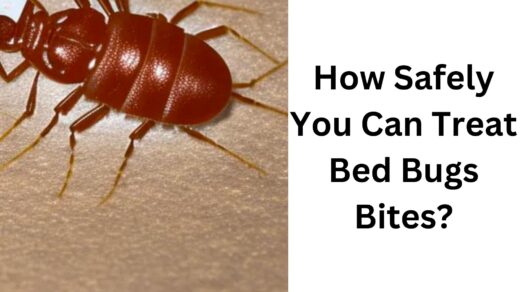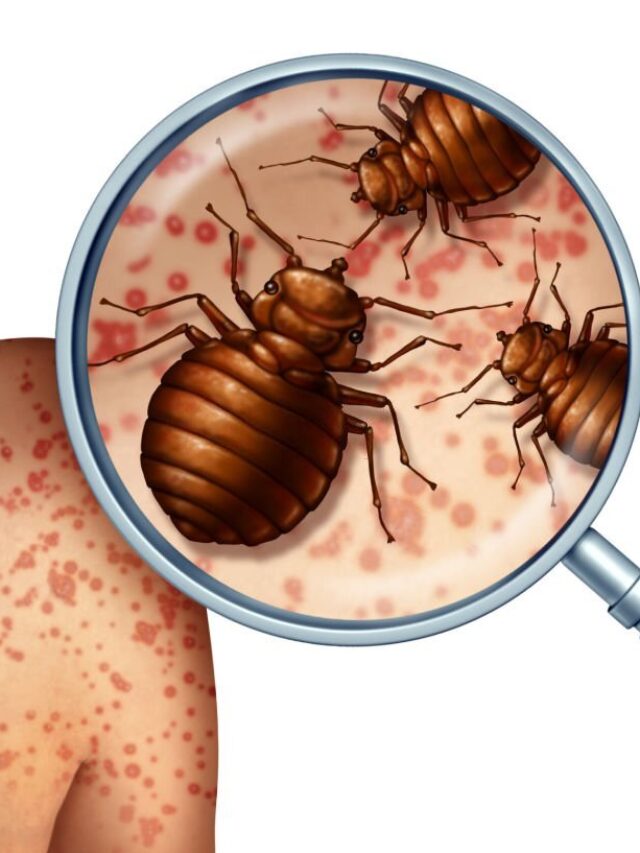What are bed bugs?
Bed bugs are small, brownish-red insects that feed on the blood of humans and animals. They are about the size of an apple seed and can be found in beds, furniture, and other areas where people sleep or rest. Bed bugs are active mainly at night, and they prefer to feed on exposed skin, particularly around the face, neck, and arms.
Where are bed bugs found?
Bed bugs can be found in a variety of places, including homes, hotels, and public transportation. They are commonly found in areas where people sleep or rest, such as beds, sofas, and recliners. Bed bugs can also be found in clothing, luggage, and other items that have been in infested areas.
Do bed bugs spread disease?
Bed bugs do not spread disease, but their bites can cause discomfort and irritation. In rare cases, people may experience an allergic reaction to bed bug bites, which can cause severe itching and swelling.
What health risks do bed bugs pose?
Bed bugs can cause a variety of health problems, including skin rashes, allergic reactions, and anxiety. People who are bitten by bed bugs may experience redness, swelling, and itching at the site of the bite. In severe cases, bed bug infestations can cause sleep deprivation and psychological distress.
What are the signs and symptoms of a bed bug infestation?
The signs of a bed bug infestation include bites on the skin, bloodstains on bedding and furniture, and the presence of bed bug feces and shed skin. Bed bugs can also be detected by their distinctive odor, which is often described as musty or sweet.
How are bed bug bites diagnosed?
Bed bug bites can be diagnosed by examining the skin and looking for characteristic patterns of bites. Bed bug bites typically appear in clusters or rows on the skin, and they may be accompanied by redness, swelling, and itching.
How did I get bed bugs?
Bed bugs can be brought into the home on clothing, luggage, and other items that have been in infested areas. They can also be brought in on pets or other animals. Bed bugs can be found in hotels, public transportation, and other areas where people gather, and they can easily spread from one location to another.
Who is at risk for getting bed bugs?
Anyone can get bed bugs, but people who travel frequently, live in apartments or shared housing, and have poor sanitation or hygiene practices are at higher risk. Bed bugs can also be found in nursing homes and hospitals, where they can spread easily from room to room.
How are bed bugs treated and prevented?
Bed bugs can be treated with insecticides and other methods, such as heat treatment and vacuuming. It is important to hire a professional pest control company to ensure that all bed bugs and their eggs are eliminated. To prevent bed bug infestations, it is important to inspect hotel rooms and other areas where people sleep before staying overnight. It is also important to avoid bringing used furniture and clothing into the home, and to maintain good sanitation and hygiene practices.
Disclaimer: Please note that the information provided in this content is for educational and informational purposes only. It should not be used as a substitute for professional medical advice, diagnosis, or treatment. If you have any concerns about your health or suspect that you may have a medical condition, please consult with a qualified healthcare provider for appropriate diagnosis and treatment.













